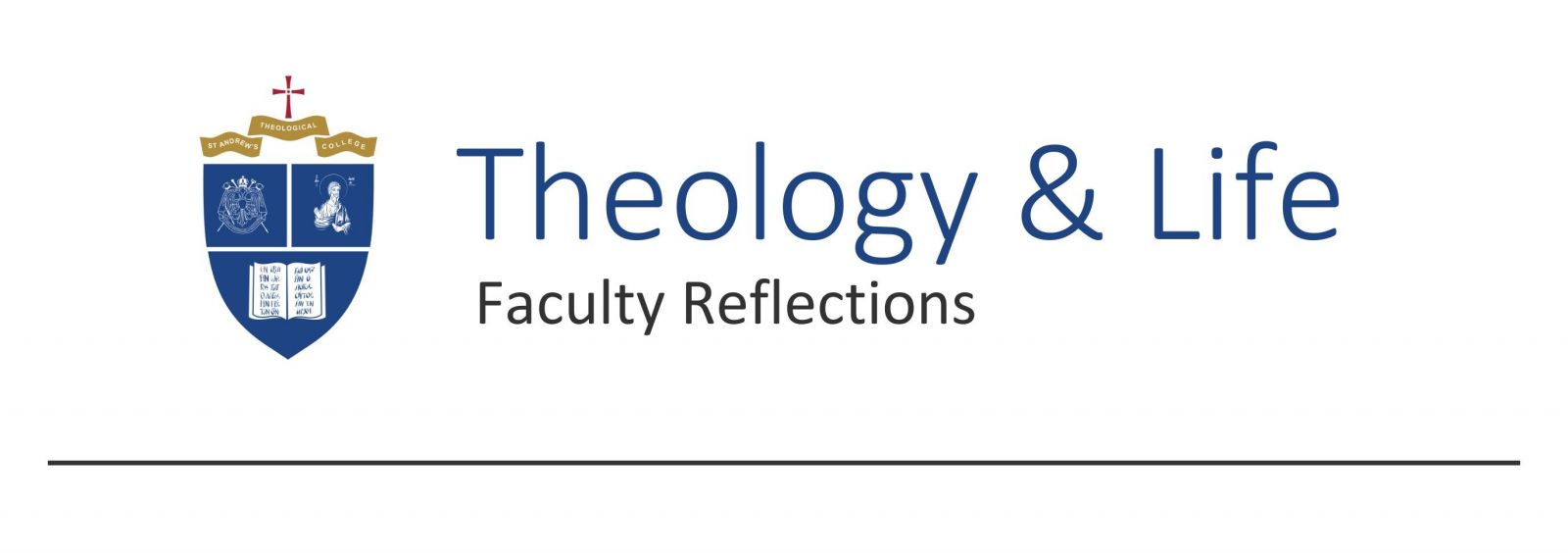- Home
- About us
- Students
- Courses
- Research
- Library
- News & Events
- Gallery
- Contact
- Our Blog
Latest News

The Patristic Tradition and Classical Philosophy
T9610A
Unit Weighting
9 cps
Type of Unit
Specialised Graduate Unit
Pre-requisites
T8581A Church Fathers: An Introduction
Academic Staff
Very Rev. Dr Doru Costache, BTh (Bucharest 1993), PhD (Bucharest 2000), Senior Lecturer
Curriculum Objectives
This graduate course unit explores the cultural framework within which the patristic tradition emerged. It places special emphasis on the philosophical trends of Antiquity and Late Antiquity, and how these trends both influenced patristic tradition and have been transformed by it.
Learning Outcomes
At the end of this unit students will be able to:
- appraise the historical and cultural context within which patristic tradition emerged
- display a profound awareness of the philosophical trends which influenced patristic tradition
- evaluate the ways in which patristic tradition transformed classical philosophy
- critically analyse the selected writings of the Church Fathers from the viewpoint of their reference to classical philosophy
- critically assess the relevant scholarship
Content
- Trends in the classical philosophy
- Trends in the Late Antique philosophy
- Early Christian attitudes toward philosophy
- Byzantine tradition and the legacy of classical philosophy
- Wisdom for today
Assessment Profile
- Show the capacity to critically assess the relevant literature (e.g. summary, review or short essay).
- Demonstrate an awareness of the main trends and themes in patristic tradition which refer to the classical philosophy (e.g. essay on a particular aspect)
- Assess the common existential grounds for the philosophical and patristic traditions, which make their interactions relevant to contemporary Christian experience (e.g. essay on a given topic).
Schedule
Course unit material is provided via distance education as of Week 1.

.jpg)





.png)